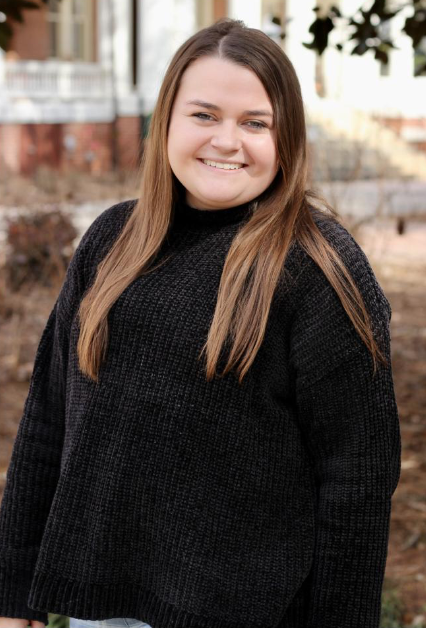February 20, 2023
Within the GC Department of Government and Sociology, criminal justice is one of three bachelor’s degree programs, along with the political science and sociology programs.
According to the department’s page on GC’s official website, criminal justice majors typically pursue “careers in government administration and policymaking, criminal justice administration and law enforcement, foreign service, law and teaching.”
The department has 25 faculty and staff members. With access to such a large amount of experienced and active scholars that foster a growth-encouraging academic environment, students can more readily advance their degrees and career pursuits.
This degree program provides many different avenues by which students may gain exposure to what benefits a criminal justice degree might hold outside of college. One of these is the plethora of internship opportunities for students interested in the program.
The webpage of GC’s Department of Government and Sociology lists examples of such opportunities, including those available at Robins Air Force Base in Houston County, Georgia.
According to the website’s page, “a student participated as an intern within the 461st Air Control Wing of the U.S. Defense Department.” The student had the opportunity to work with the Commander and the Executive Officer of the Commander and “assisted in the production of new Public Service Announcements for the Team JSTARS (Joint Surveillance Target Attack Radar System).”
Kaitley Congdon, a senior criminal justice major, can speak to the advantages of other ways students can gain this exposure, specifically in the required senior seminar class.
The course often hosts professionals in occupations that favor the skills and knowledge acquired from a criminal justice degree to help you figure out where you want to go after college.
For example, one week, a member of the U.S. Secret Service joined the students in class to talk about what their day-to-day tasks look like and how the skills and knowledge base learned from a criminal justice degree can greatly aid the search for a job similar to theirs.
Other notable courses offered in the fall and spring semesters include Examining the War on Drugs, Gang Crime and Culture and Women in Crime, most of which are upper-level courses.
The Women in Crime class covers topics such as the study of women “as offenders and inmates, as well as crime victims,” according to the course’s description.
Congdon found this class to be one of the most interesting courses she has taken as a criminal justice major.
“People don’t really talk about women in crime,” Congdon said. “It’s a very different perspective on things.”
Her favorite criminal justice course, however, was Drugs and Crime.
“We got to have someone who does drug busts come in, and some task force came in,” Congdon said.
Deciding what undergraduate degree to pursue after just graduating high school can be difficult and, sometimes, stressful. Congdon can even attest to the fact that students might be between two different majors, causing them to fall back on into the “undecided” hole.
“I was between music education and criminal justice,” Congdon said. “Very different.”
She found criminal justice classes to be very interesting and studying criminal justice allowed her to explore more career opportunities rather than confining herself to one profession
As a criminal justice major, students will sometimes have to let go of certain biases.
The key, Congdon says, is “making sure you have an open mind and you are ready to hear both sides of things.”







